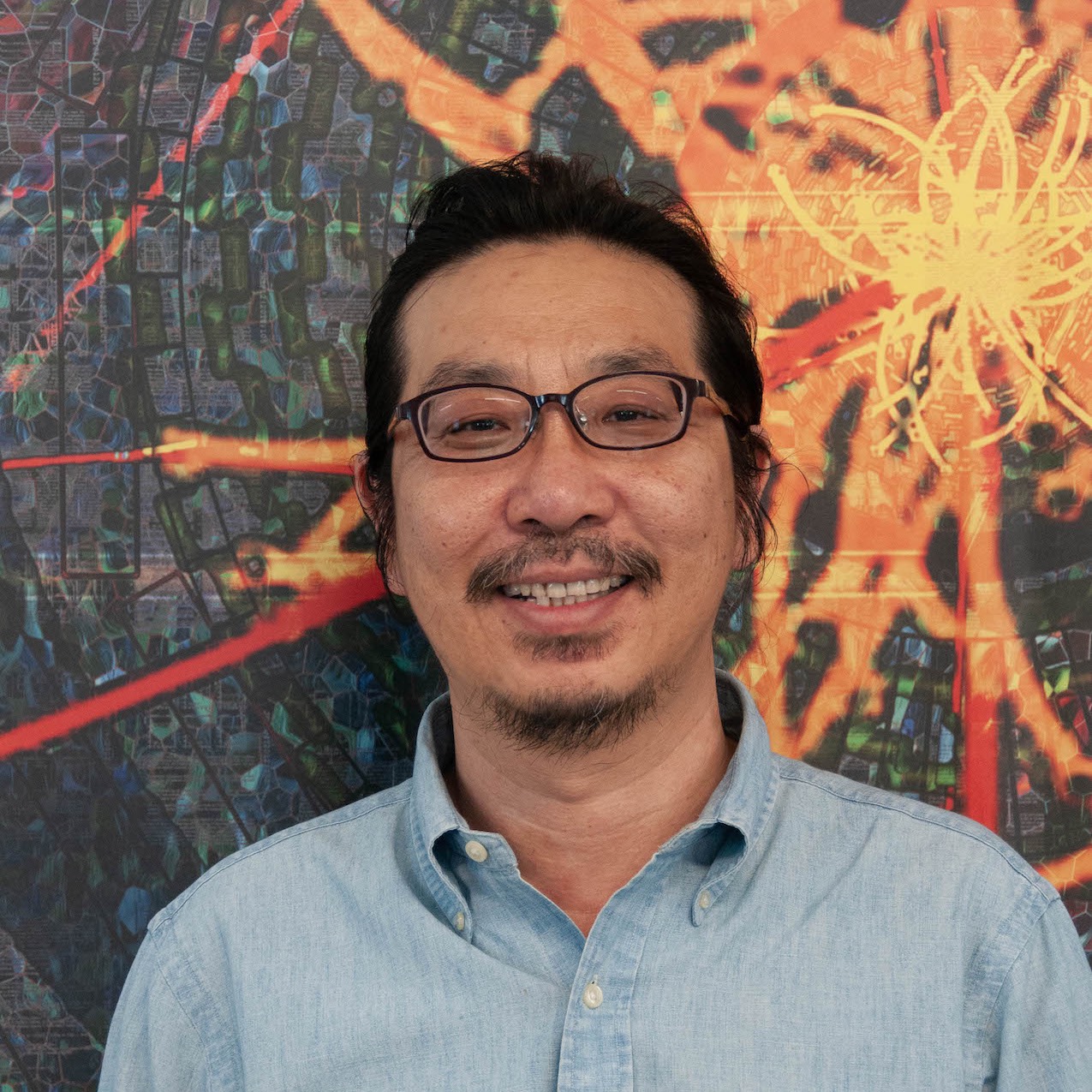Faculty
Nural Akchurin
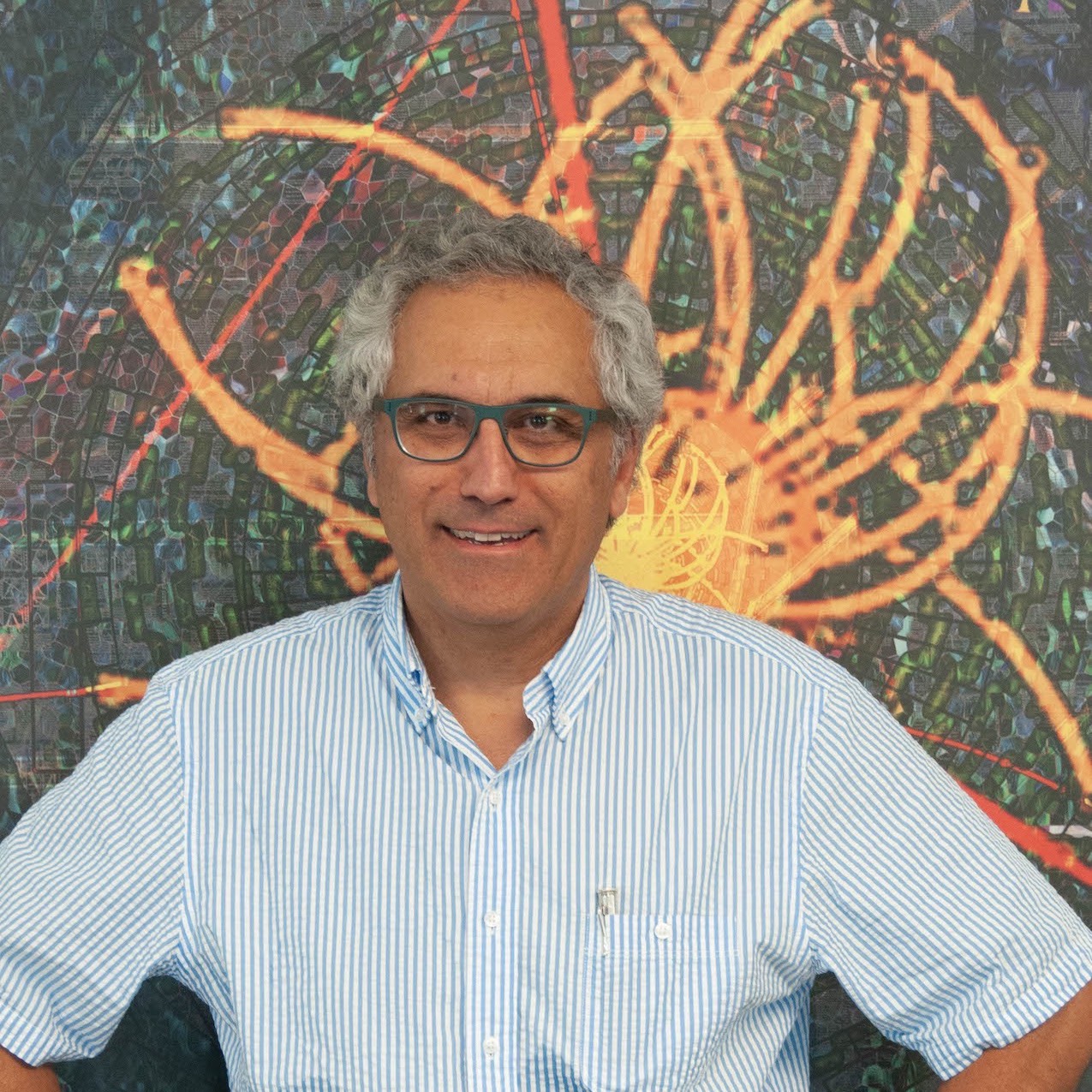
Since its inception in the early 1990s, I have been involved with the Compact Muon Solenoid at CERN and have worked on many aspects of hadronic calorimetry and physics analyses. I continue to contribute to the development of new particle detectors for high energy physics as well as for applications in other fields. I also enjoy participating in the student-driven projects at the APD-Lab, especially Limyra, which makes muon tomography useful for archeology, and HELADO, the High Energy Llano EstAcado Detector for the detection of high-energy gamma ray air showers. When not at my day job, I may be found on my road bike, with my camera, or playing classical guitar. As an amateur genealogist, I study our family history, which spans 25 generations in Russia, China, Turkey, and the US.
Yongbin Feng
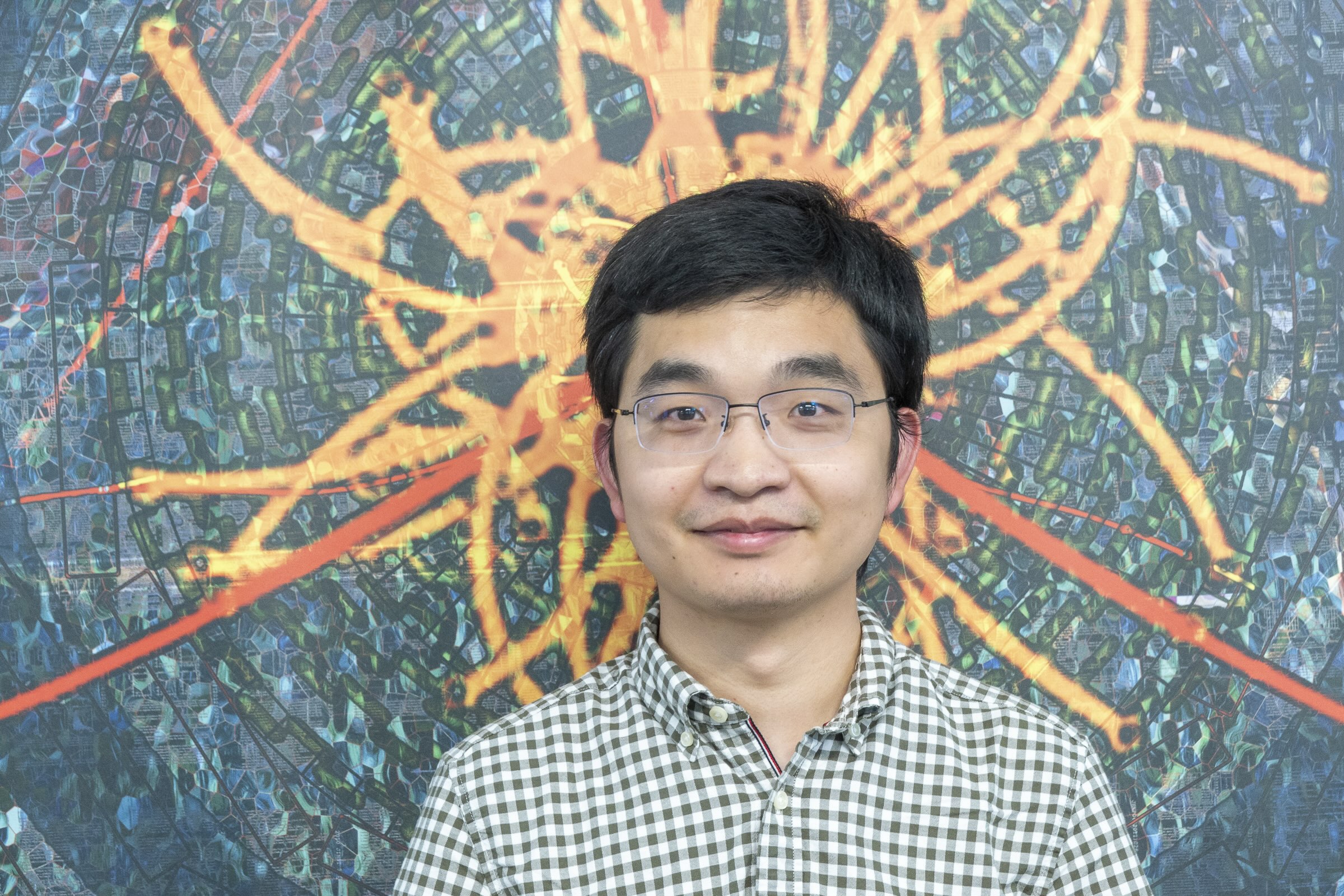
Assistant Professor of Physics
I have been part of the physics department and the APD lab at Texas Tech University (TTU) since August 2024. Before that, I was a postdoctoral researcher at Fermilab after completing my PhD at the University of Maryland. My research focuses on unraveling the mysteries of the universe through advanced detectors, algorithms, and software. At the APD lab, I mainly work on simulating detectors and developing reconstruction algorithms, utilizing both classical methods and machine learning. I am also interested in optimizing computing performance, particularly exploring the potential of heterogeneous computing resources like GPUs. Outside of research, I’m passionate about programming, AI advancements, and enjoy soccer and skiing.
Sung-Won Lee
My research has focused on the test of Standard Model and search for new particles at the world's highest energy particle accelerators. My research activities have spanned participation in the ZEUS experiment at DESY, the CDF experiment at Fermilab, and the CMS experiment at CERN. I played a leading role in a number of hardware, software, and operations projects on various world-class experiments. The ultimate goal of my research is to discover the missing fundamental building blocks of our physical world and to answer some of the most profound questions on the structure of matter and the evolution of the early Universe. When not doing physics, I enjoy watching movies, especially 3rd world films, collecting gadgets, and of course spending quality time with my family.
Shuichi Kunori
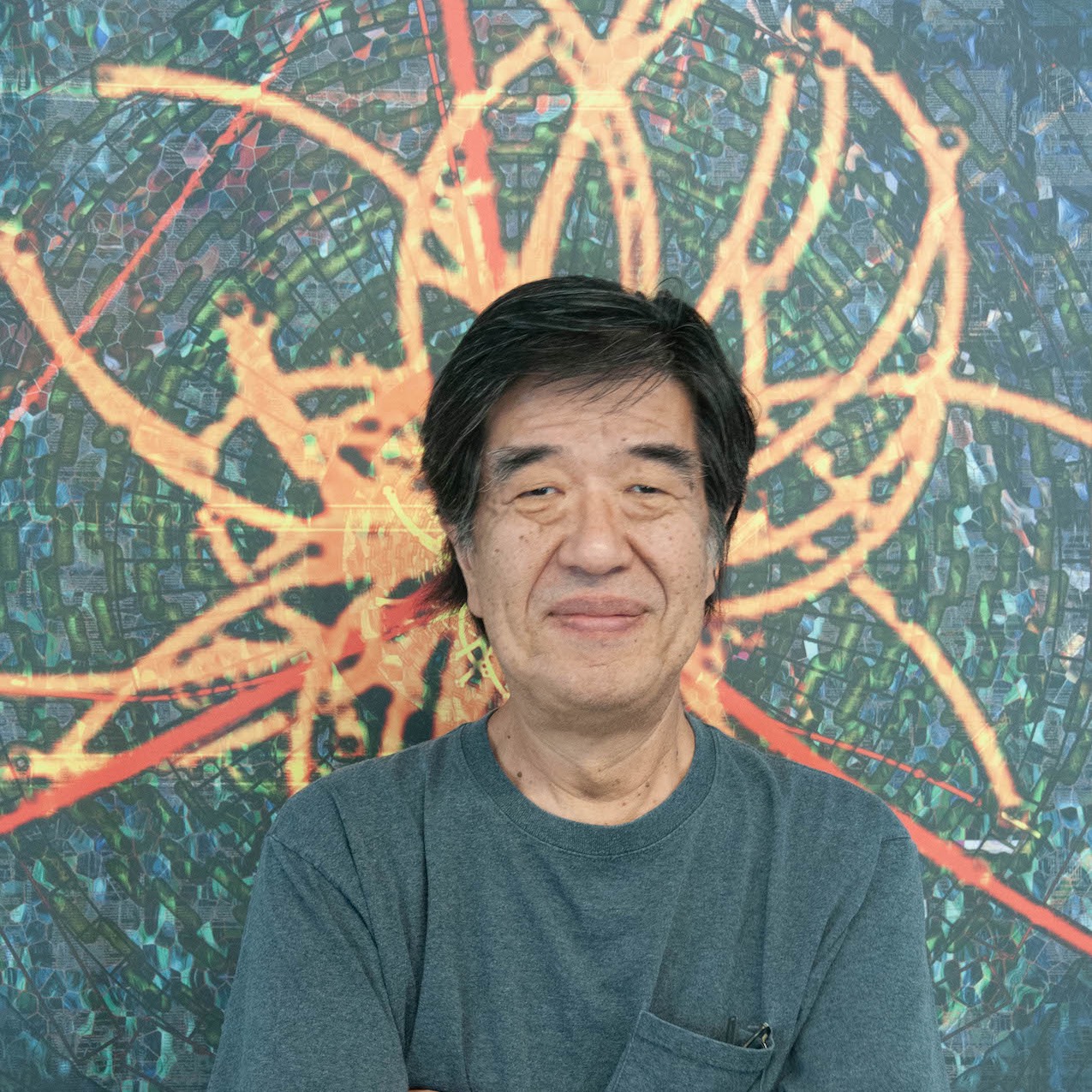
I worked on various types of calorimeters for particle physics experiments at LEP (electron-positron collider), Tevatron (proton-antiproton collider, muons on fixed target) and LHC (proton-proton collider). I tested prototypes of those calorimeters using particle beams at BNL, Fermilab and CERN, and optimized the design of each calorimeter for the experiments using the test beam data and Monte Carlo simulations. Now I am developing radiation hard / fast timing sensors and new concepts of calorimetry for future experiments with colleagues at the APD-Lab. I also worked on muon tracking detectors before and now helping TTU students to develop a cosmic muon detector for muon tomography. On the physics side, I have been searching for new physics beyond the standard model of particle physics- and currently looking for signatures of dark matter and graviton productions in proton-proton collisions at the LHC.
Christopher Madrid
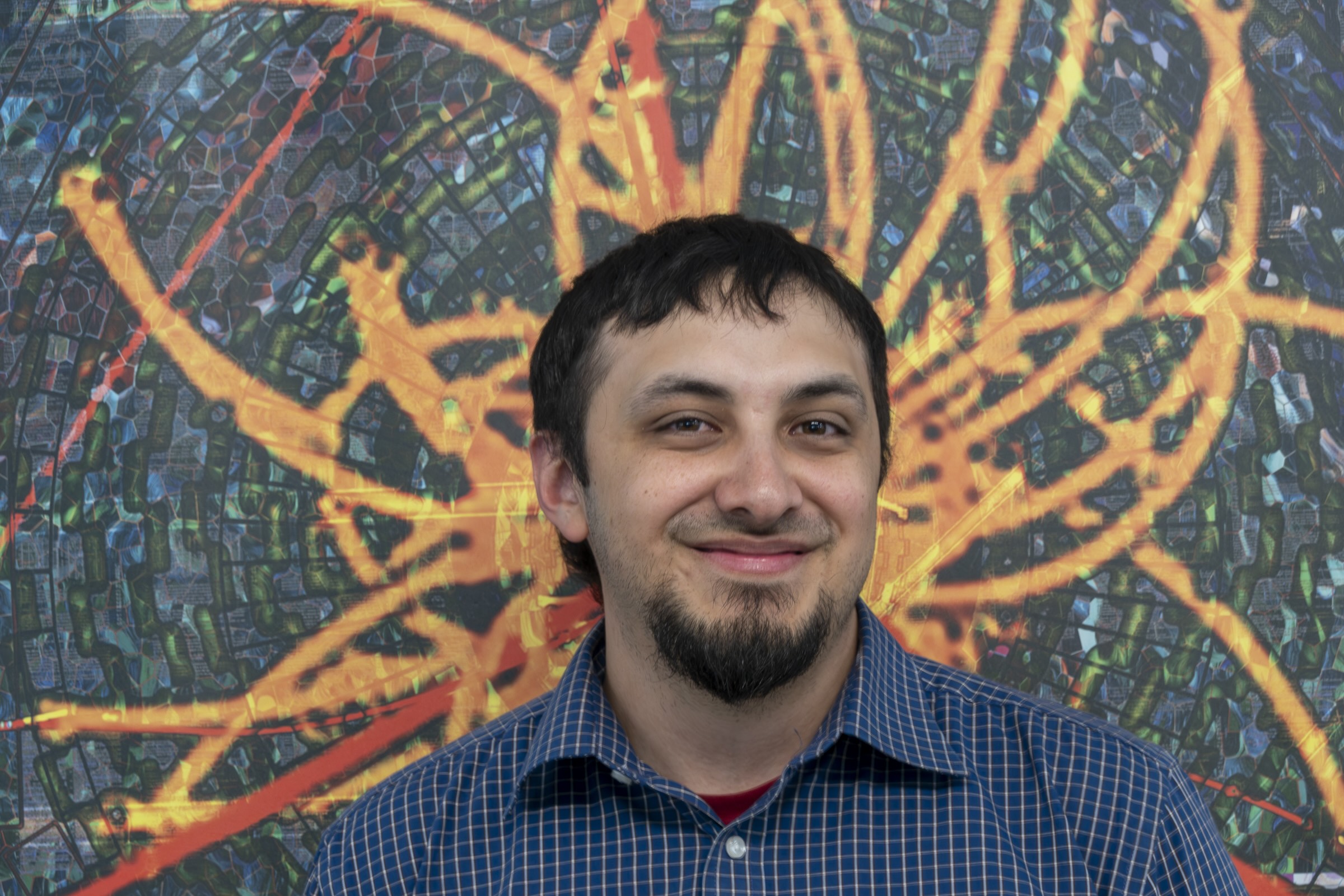
Assistant Professor of Physics
I joined the Physics & Astronomy department as an assistant professor in Fall 2024, bringing my passion for discovery and a commitment to research excellence. A native of West Texas and a proud alumnus of Angelo State University (ASU), I earned my Bachelor of Science in Mathematics and Physics in 2015. I then pursued my graduate studies at Baylor University, where I received an M.A. in Physics in 2017 and later completed my Ph.D. in Particle Physics. My graduate research centered on the search for new fundamental particles, utilizing the Large Hadron Collider (LHC) and the Compact Muon Solenoid (CMS), two of the most advanced tools in experimental physics. After successfully defending my thesis, I joined Fermi National Accelerator Laboratory in 2020 as a Postdoctoral Fellow. There, I continued my work with the LHC and CMS experiments, focusing on the search for elusive particles that could shed light on the mysteries of dark matter. As an assistant professor, my research now focuses on advancing our understanding of dark matter by developing more precise and innovative particle detectors. These efforts aim to drive the next generation of collider physics and contribute to fundamental breakthroughs in high-energy physics. Beyond the lab, I enjoy spending time with my spouse and our two children, savoring the unique flavors of Tex-Mex and BBQ that are a hallmark of West Texas life.
Andrew Whitbeck
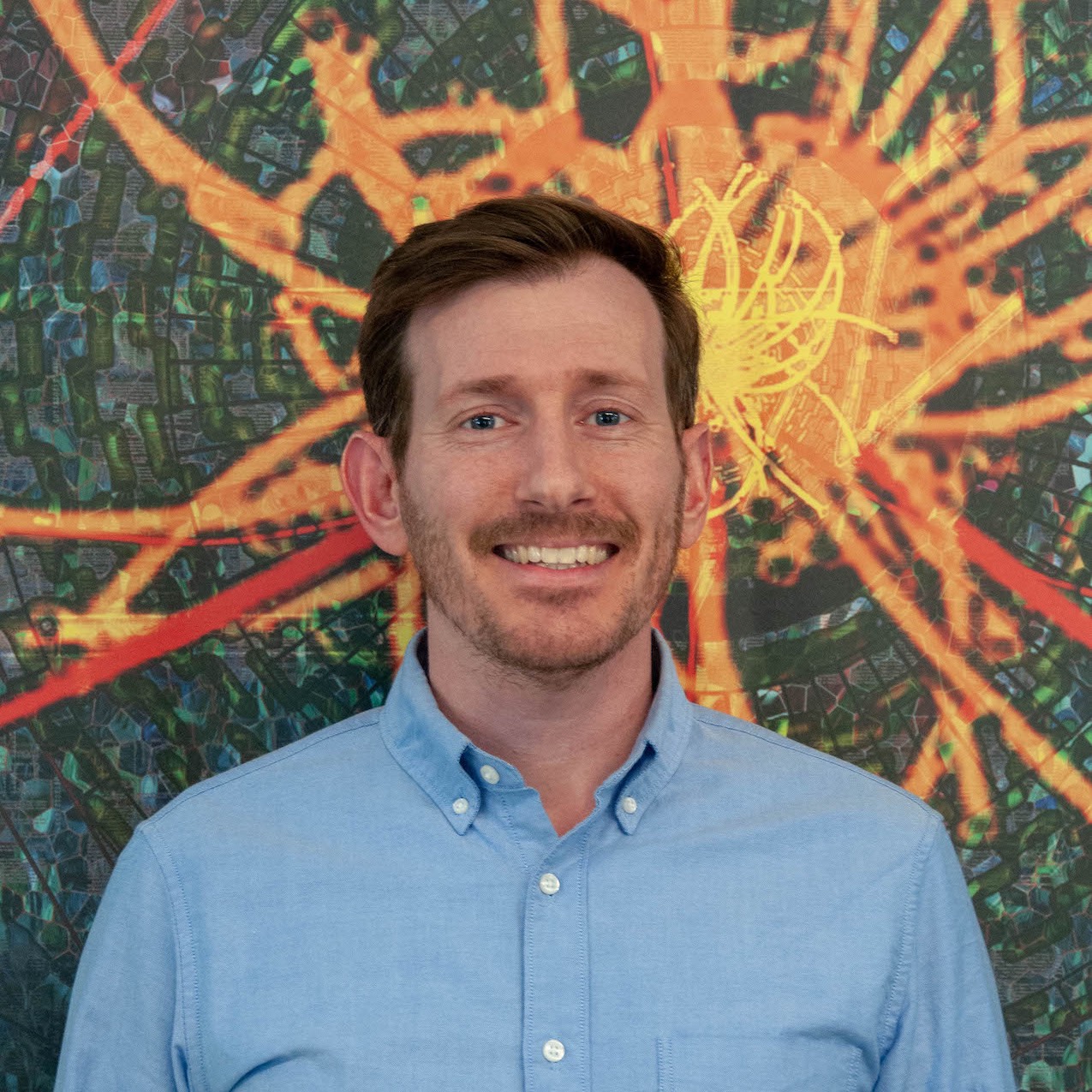
I have been a member of the Compact Muon Solenoid collaboration for 10 years, starting out as a graduate student working on searches for new resonances such as Higgs bosons, or Higgs-like resonances.
I have been at Texas Tech since 2018 and have continued work on searches for new sources of missing energy with the hope that one day we'll see dark matter being produced at the LHC allowing for detailed property measurements to help better understand the universe we live in. I am also involved with the detector development to help improve our ability to detect dark matter at accelerators.
I am involved with the construction of the CMS endcap calorimeter upgrades where we're ramping up to build 5000 silicon modules -- a radiation detector technology similar to that found in cell phone cameras -- at our APD lab. I am also leading the effort to design and prototype a detector for the LDMX experiment using scintillating plastics and silicon photomultipliers. LDMX is a next-generation accelerator-based dark matter experiment that is sufficiently sensitive for ruling out a large portion of the remaining thermal dark matter parameter space. Thermal production of dark matter is a leading hypothesis for the origin of the relic dark matter abundance.
I also have an interest in outreach. I have help with the Johns Hopkins HEP group's exhibit at the national science and engineering fair in Washington DC. I have participated in career days at local elementary schools. I have help with the CMS masters class and the quark net project here at TTU, and astronight events hosted by the TTU Physics and Astronomy department.
When I am not working, I like to either be very active by running, biking, or hiking, or be very sedentary by binging TV shows at home.
Igor Volobouev
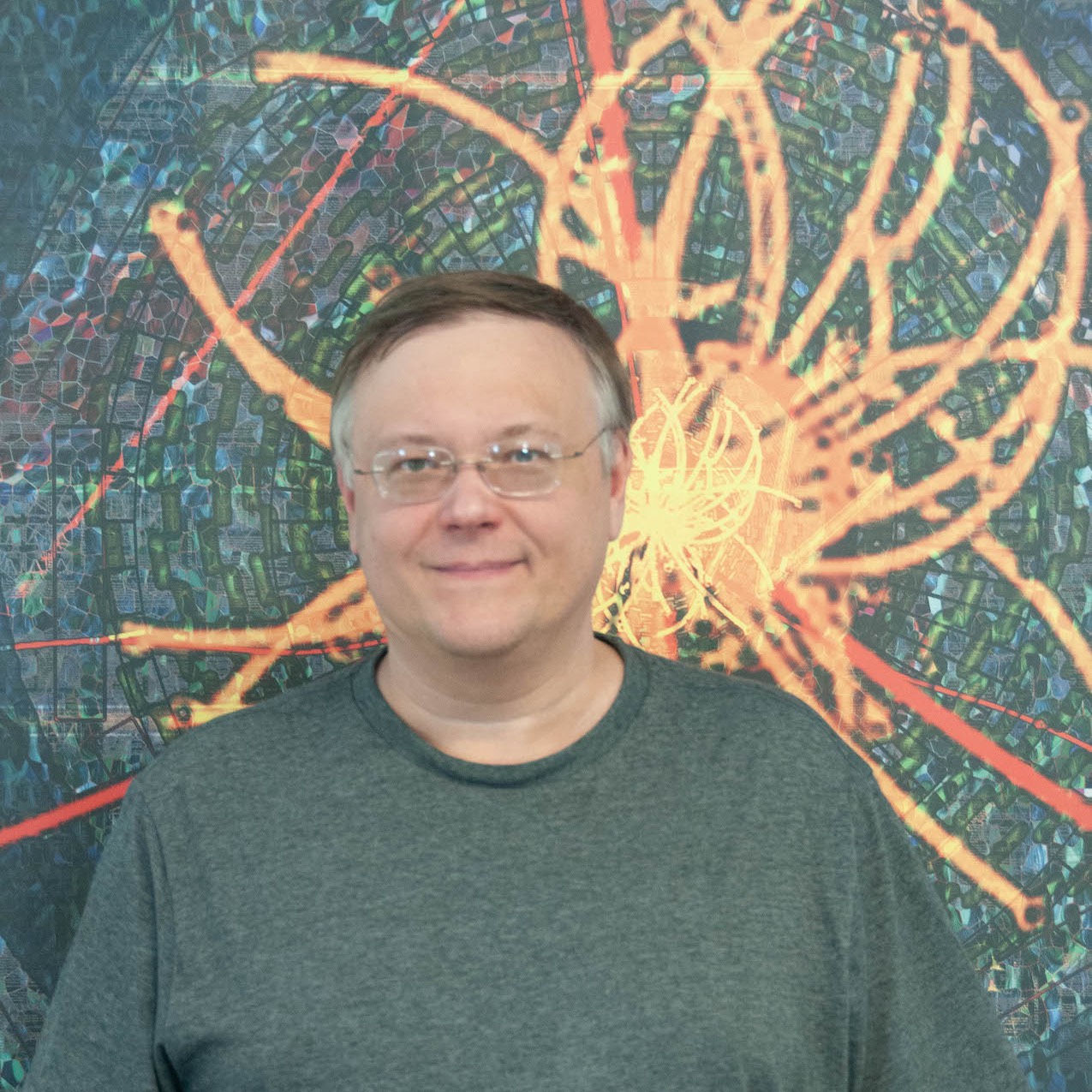
I joined the TTU HEP Group and the CMS Collaboration at the LHC in 2006. Before that, I had contributed to the CLEO experiment at CESR and the CDF experiment at Tevatron, as well as to the Fermi Gamma-ray Space Telescope. My scientific interests lie in the areas of top quark and Higgs boson physics, calorimeter energy and jet reconstruction algorithms, matrix element methods, and other advanced data techniques for particle physics. I am also interested in a number of applied statistics topics, including nonparametric density estimation, limited sample size inference, template morphing, and inverse problems. In the course of my career, I have written all kinds of software, ranging from Linux device drivers and low-level data acquisition systems to scientific data analysis packages.
Research Lab Assistants
Savannah Randall
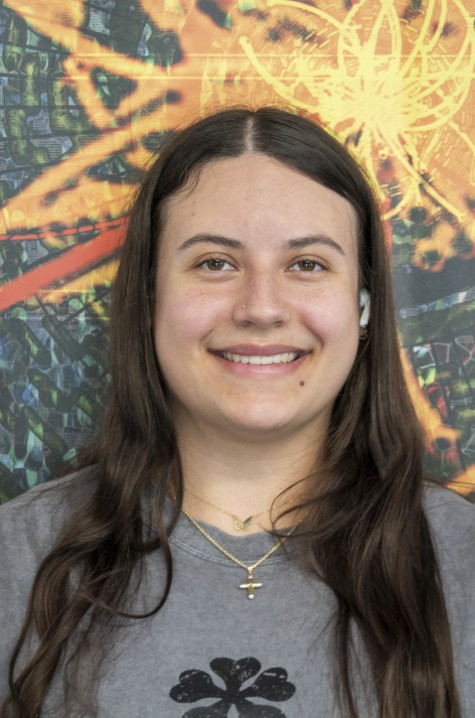
My name is Savannah Randall, and I am a lab technician in the APD lab. I am currently working on the upgrade of the CMS endcaps. I went to West Texas A&M and received my bachelor’s in Biology. I primarily bounce around and use all the machines in the lab, but I have enjoyed being able to learn more about physics and how the CMS works. In my free time I enjoy going to the gym, reading, watching anime, and traveling.
Advanced Particle Detector Laboratory
-
Address
TTU Advanced Particle Detector Lab, 1204 S Gilbert Dr, Building 557 Lubbock, TX 79416-2104 -
Phone
806.790.7444 -
Email
sonaina.undleeb@ttu.edu

